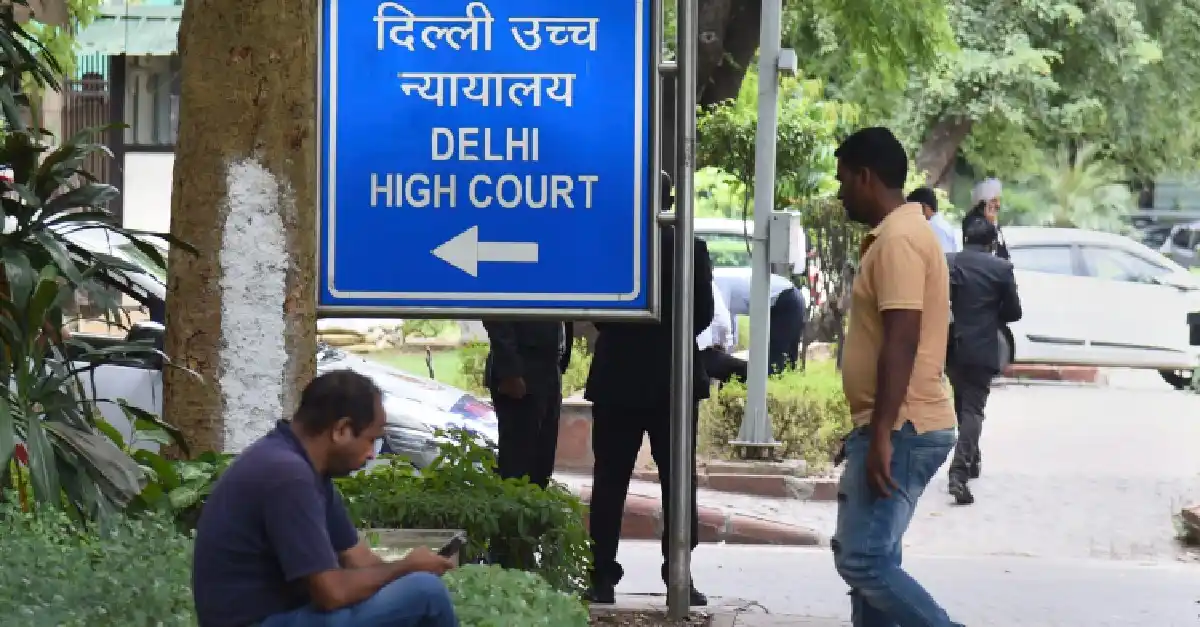
EducationToday News
February 21, 2025 at 01:40 AM
https://educationtoday.co/blog/blog-details?id=2877&url=Delhi-HC-Urges-DU--BCI-to-Consider-Online-Classes-for-Law-Students
*Delhi HC Urges DU & BCI to Consider Online Classes for Law Students*
In a recent ruling, the Delhi High Court has encouraged the University of Delhi (DU) and the Bar Council of India (BCI) to consider implementing a system for online classes for law students. This suggestion comes in light of ongoing advancements in technology and artificial intelligence, which could help develop more effective remote learning mechanisms.
While acknowledging the importance of physical attendance for professional courses, Justice Dinesh Kumar Sharma noted that technological developments provided a significant opportunity to enhance learning through virtual platforms. The judge made these remarks while dismissing several petitions from law students who had challenged DU’s decision to bar them from sitting for their semester exams due to insufficient attendance.
Addressing the Attendance Issue
The Delhi High Court refrained from intervening in DU’s decision, emphasizing that it cannot provide relief in cases where attendance requirements are not met under writ jurisdiction. However, the court urged DU and the BCI to evolve a robust system allowing students to attend classes online with proper safeguards and conditions. This recommendation reflects the ongoing digital transformation of education, where universities are increasingly adopting virtual tools to support learning.
Justice Sharma pointed out that although physical attendance is significant in professional courses, the rise of technology and AI could offer opportunities to implement remote learning mechanisms that are effective and accessible to students. He suggested that adopting such technologies could be a way forward, especially in the current context of learning becoming increasingly digital and flexible.
Proposed Mechanism for Remote Learning
In the judgment, the court proposed that DU and the BCI collaborate to create a system allowing students to attend classes online while ensuring appropriate safeguards are in place. This could enable law students to engage with their courses remotely when required without sacrificing the quality or integrity of their learning experience.
Moreover, the court emphasized the need for improved communication regarding attendance. It recommended that the Faculty of Law notify students about their monthly attendance status via email, SMS, and WhatsApp. This would ensure transparency, allow students to stay informed about their attendance, and take corrective measures if needed.
Guidelines for Attendance Notifications
To ensure clarity and fairness, the court directed that the attendance updates for each subject—along with the details of lectures and practicals—should be shared with students regularly. This proactive approach would help avoid misunderstandings and disputes about missed classes or unclear attendance records.
A Balanced Approach to Attendance Flexibility
The court also suggested that students facing attendance issues be allowed to make representations. In consultation with the BCI, the dean of the Faculty of Law could review these cases and decide on the next steps based on the legitimacy of the requests. The court made it clear that while flexibility is essential, it is equally crucial to maintain the integrity of the law course. The court stressed that relaxing attendance requirements retroactively would undermine the discipline and integrity of the program and could disadvantage students who have diligently followed the rules.
Maintaining Academic Integrity
While the High Court recognized the potential for online learning to enhance the education system, it also reiterated the importance of maintaining the professionalism and standards of the law course. The court emphasized that the legal education system should uphold strict academic practices, ensuring that students who comply with attendance and discipline rules are not disadvantaged. The ruling clarified that the court would not allow its powers to grant relief in cases where students had shown “manifest disregard of discipline.”
This decision underscores the ongoing balance between embracing technology to enhance learning and preserving the values of academic rigor in professional education. As technology continues to reshape education, this ruling allows universities and professional bodies to rethink how to integrate online learning effectively while maintaining academic integrity.
*For more details visit*
https://www.theenn.com/video-01fac4244.html
https://youtu.be/j6a2XRpC8p0
